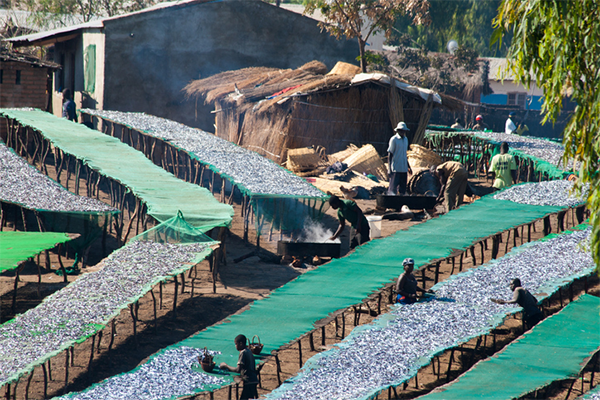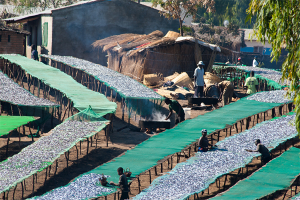
The Pakachere Institute for Health and Development Communication (PIHDC), has lamented that misconceptions over mosquito nets are affecting usage of the nets.
The organisation’s executive Director, Simon Sikwese, said some people believe that mosquito nets bring bedbugs which cause irritation when sleeping, feeling hot when sleeping in a mosquito net, feeling like one is in a coffin, misuse or selling of nets for fishing and protecting gardens with some using nets as blankets or mattresses due to poverty.

The concern is contained in a study “Diagnostic Assessment of Social and Behaviour Change Communication (SBCC), Programming, Implementation and Capacity to Increase Usage of Long-Lasting Insecticide Treated Nets as well as other Malaria Prevention Behaviours “.
World Vision Malawi (WVM) commissioned the study with funding from GIZ and the Global Fund in the three districts of Dowa, Rumphi and Mangochi.
Sikwese said the three districts were purposively selected for the study as they are more likely to be the impact areas for the upcoming GIZ’s Backup Health Project that will support strengthening of community level health system in order to increase service utilization for malaria through strengthening SBCC.
He said using participatory, quantitative, and qualitative approaches, the study involved interviewing community members, health surveillance assistants, District Environmental Health Officers and field coordinators.
Chief Health Education Officer in the Ministry of Health, Mavuto Thomas, said malaria remain one of the leading causes of morbidity and mortality in the country looking at patients coming to the health facilities.
Thomas said the Ministry of Health distributed 10. 9 million nets but the utilization of the nets is around 55% which means that about 45% of beneficiaries are not utilising the nets, a development which is worrisome.
He said the Ministry of Health is doing barrier analysis to find the real issues on the ground and how to come up with SBCC strategies to deal with that kind of barriers.
In his remarks, Dowa District Council’s Director of Planning and Development, Martin Pindamkono, advised people of the district to prevent malaria as one in order to move with developments.
Pindamkono urged all sectors and departments at the council to unite and fight against malaria saying malaria is preventable and a treatable disease hence can easily be defeated.
By Vincent Gunde













